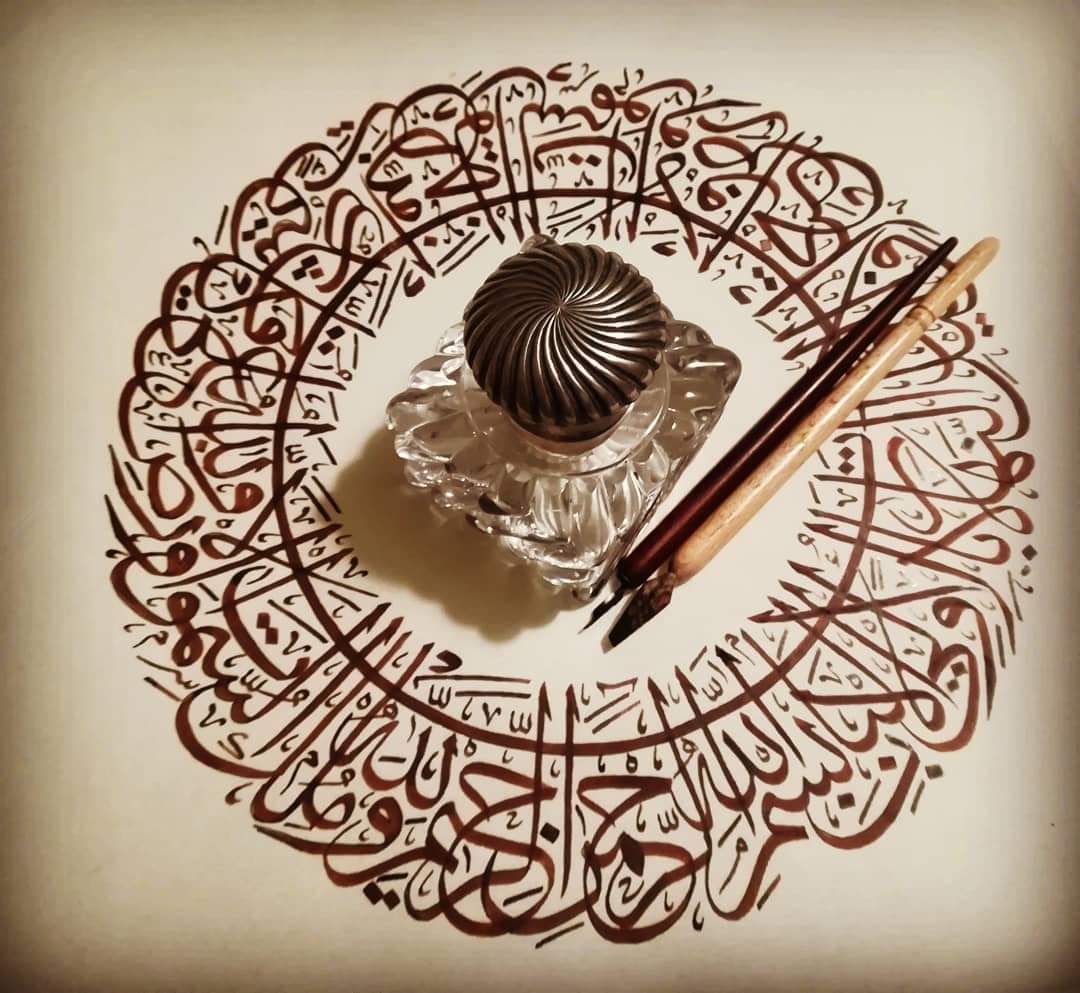
The Shodo workshop (Japanese calligraphy), intended for Ca ’Foscari Japanese students and all lovers of Japanese culture and visual arts will be inaugurated with an introductory lecture by professors Bonaventura Ruperti and Silvia Vesco.
A workshop led by Master Norio Nagayama, director of the Bokushin School of Oriental Calligraphy, will follow.
Programme:
3pm – 4pm
Introductory lecture with Bonaventura Ruperti e Silvia Vesco (Università Ca’ Foscari)
4pm – 4.15pm
Coffee break
4:15pm – 7pm
Workshop with Master Norio Nagayama
Places are limited, to register send an email to: [email protected] indicating name, surname, affiliation. The e-mail must be nominative, multiple registrations are not accepted.
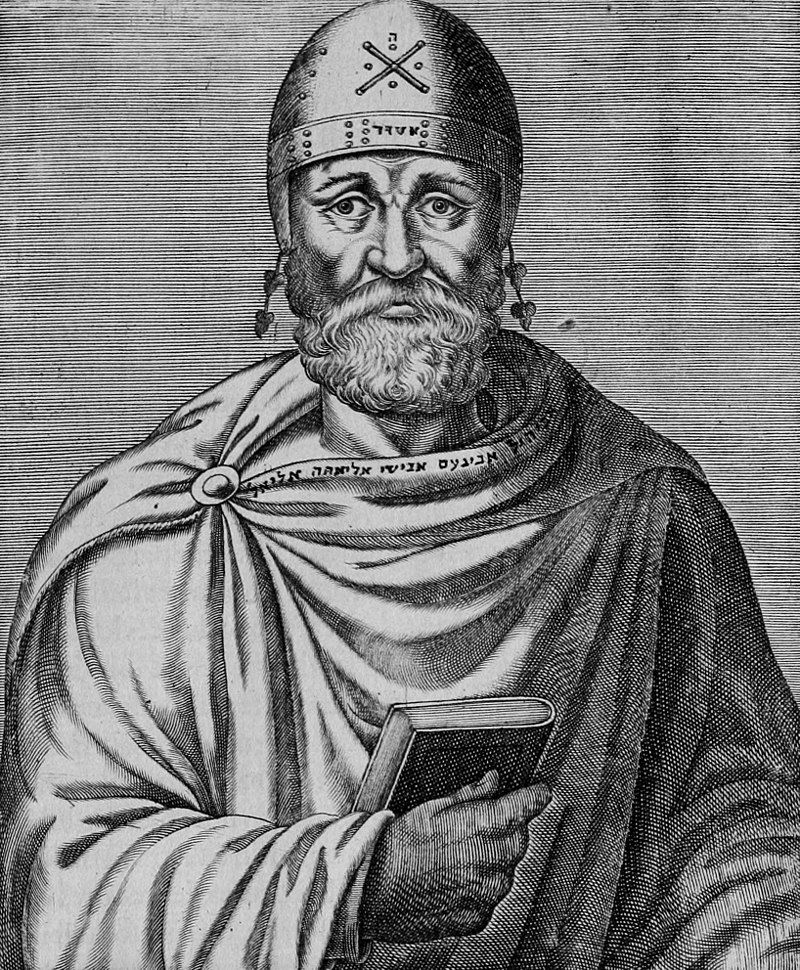
The Centre for Comparative Studies of Civilisations and Spiritualities is organising a day of study devoted to Philo of Alexandria, in collaboration with Giuseppe Balzano (University of Brussels and director of Beit Venezia, Casa della Cultura Ebraica). Philo of Alexandria (c. 20 BC – c. AD 45) developed his complex philosophy after studying and crossing over various religious and philosophical traditions. His Platonic interpretation of the Bible laid the foundations for the encounter between Greek philosophy, Judaism and Christianity. The Logos as a philosophical concept and a religious notion is undoubtedly the most original feature in this monumental work. The study day sets out to explore how the central role of language in Philo’s thinking, his “logocentrism”, came to influence subsequent monotheistic philosophical traditions. One of the most original aspects of this study day will be the special focus on Philo of Alexandria’s influence on Islam.
Download the Program
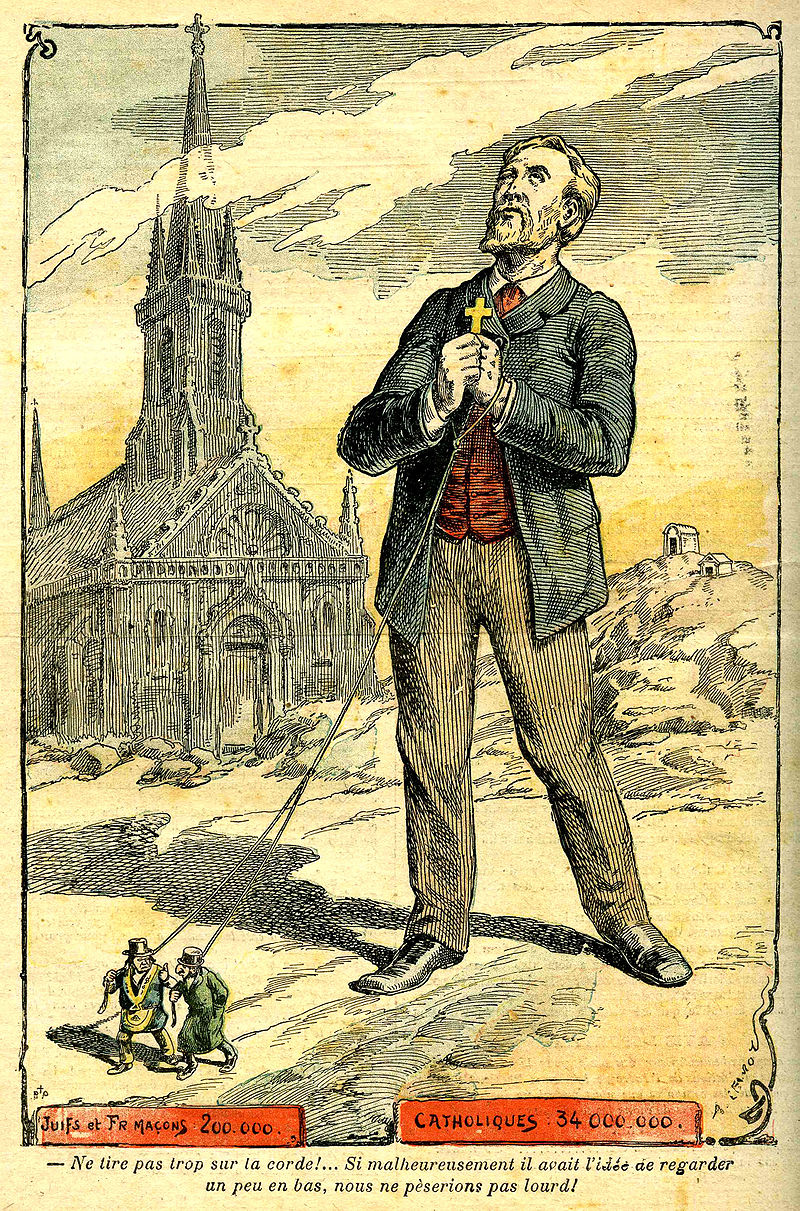
Nowadays conspiracy theories not only have a significant presence in social media, but they have also become part of mainstream culture. Despite this important presence in contemporary societies, conspiracy theories have been studied mainly from a political and cultural point of view, and only very recently have they begun to be studied more from the perspective of religion and alternative spirituality. Organised in collaboration with Marco Pasi (University of Amsterdam) and Egil Asprem (University of Stockholm), this conference sets out to contribute to filling this gap, especially by focusing on the religious and esoteric dimensions of these theories.
Earlier research on conspiracy theories described them as irrational and dangerous phenomena embodying what Bruno Latour would calla modern “practice of purification” (1993), based on the strict separation of the rational from the irrational. On the other hand, more recent studies have stressed the importance of these phenomena by also considering how the distrust of political, economic and scientific institutions is often reasonable and that conspiracies sometimes do exist. Moreover, they also argued that the “ontological insecurity” of contemporary societies encourages scepticism and paranoia.
Conspiracy theories also have an important political dimension. In fact, conspiracy theories provide an anti-hegemonic discourse against transnational powers, but also against what Foucault called the“regime of truth”, questioning the basis of knowledge production. Yet they are also significant in terms of the phenomenon they are opposed to because conspiracy theories are sometimes even exploited by those holding hegemonic power.
Program Conspiracy conference
Event subscription form
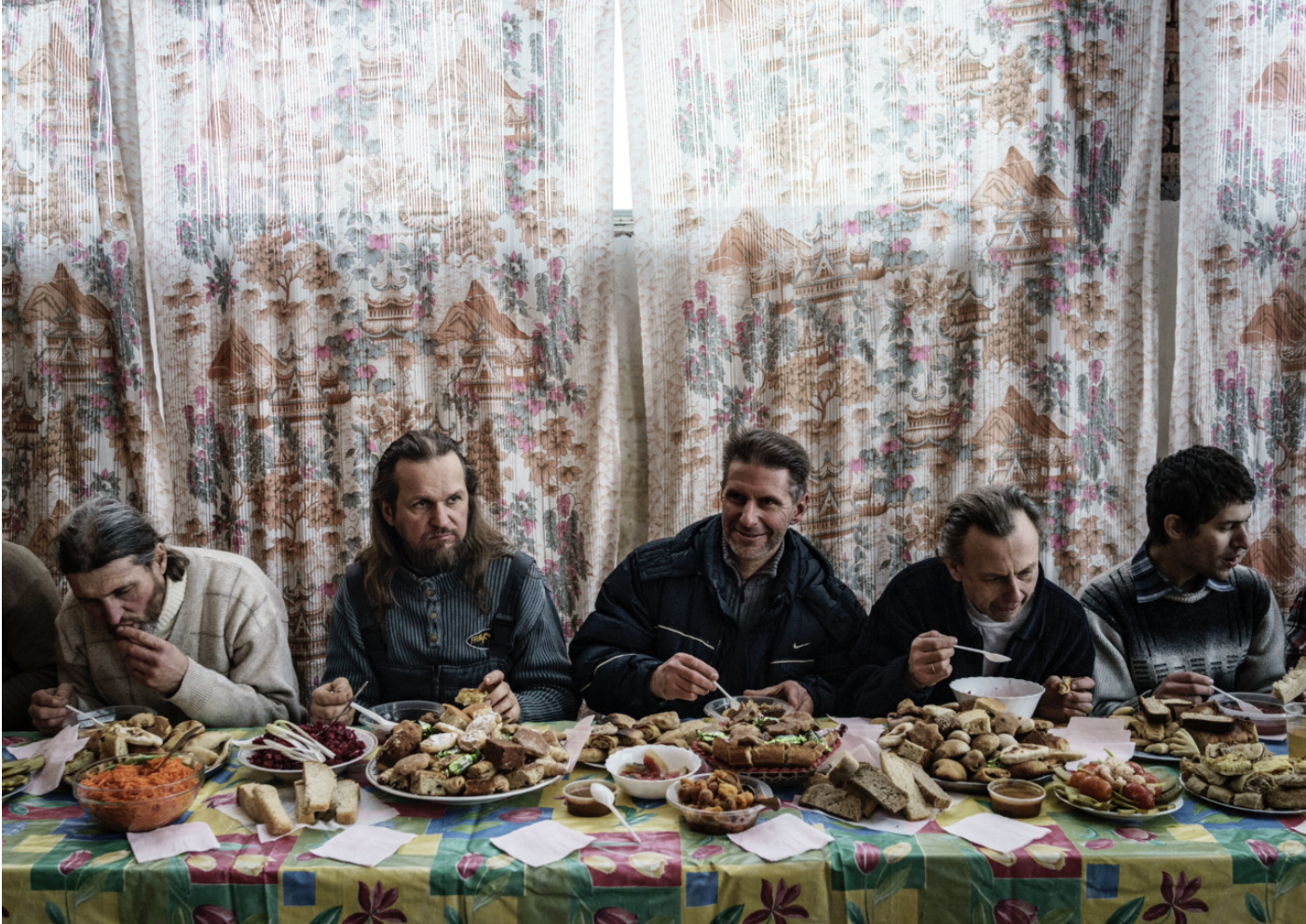
The Centre for Comparative Studies of Civilisations and Spiritualities is organising a three-day workshop on the relationship between photography and the sacred in collaboration with the Magnum Photos agency.
The workshop will discuss how to represent religious phenomena and portray rituals, beliefs and life experiences. This means focusing on the production, development, documentation and publication of photographs on the topic.
The workshop will be coordinated by Magnum photographer Jonas Bendiksen, author of The Last Testament, published in 2017 by gost Book. In his book, Bendiksen tells the story of seven men who claimed to be the biblical Messiah returned to earth. Some have thousands of followers, others only a handful of disciples. All are united in the belief that they are predestined redeemers, returned to the earth to save the world.
The workshop will offer the opportunity to work alongside the photographer and his publisher Stuart Smith, in an engaging experience that will encourage a group of selected talented participants to go beyond classic storytelling and pictorial techniques.
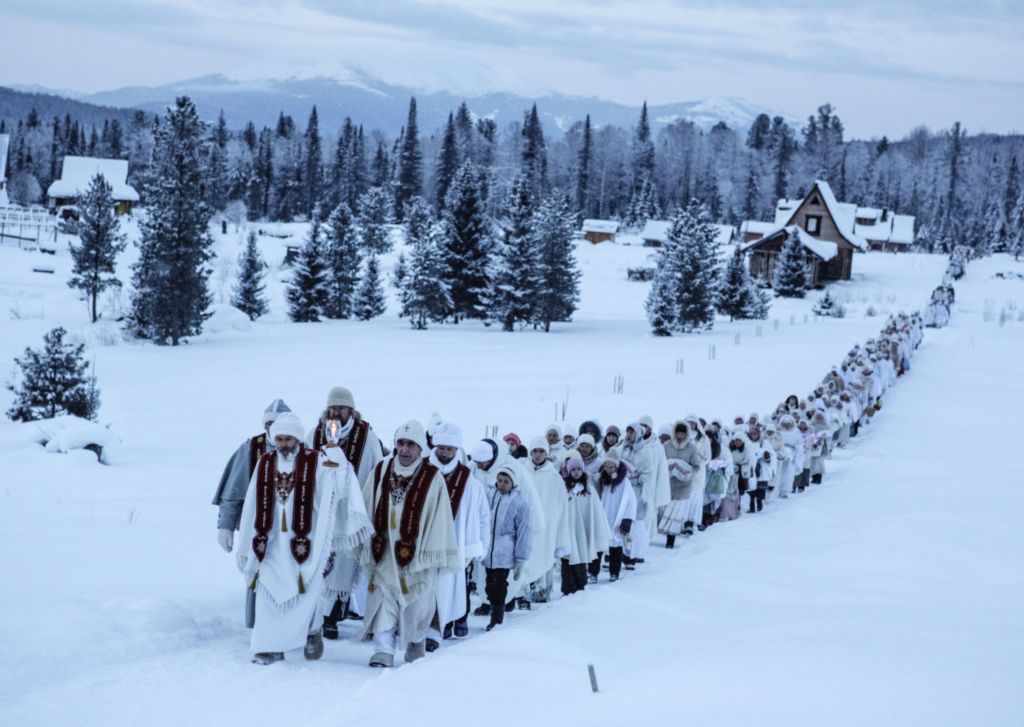
The Centre for Comparative Studies of Civilisations and Spiritualities of Fondazione Giorgio Cini, and the Magnum co-organise a public lecture that will tackle the difficult task of photographing the sacred.
The Magnum photographer Jonas Bendiksen, will talk about his last book The Last Testament, in which he chronicles seven men who all publicly claim to be the biblical Messiah returned. Manoël Pénicaud is a French photographer (Le Pictorium Agency) and anthropologist (CNRS-IDEMEC) specialised on Pilgrimage Studies. He will propose another perspective, that aims to combine the aesthetic dimension of photography with the comprehensive dimension of anthropology of religions.
Download Public Lecture Cini Magnum
FILL THE FORM BELOW TO JOIN THE CONFERENCE
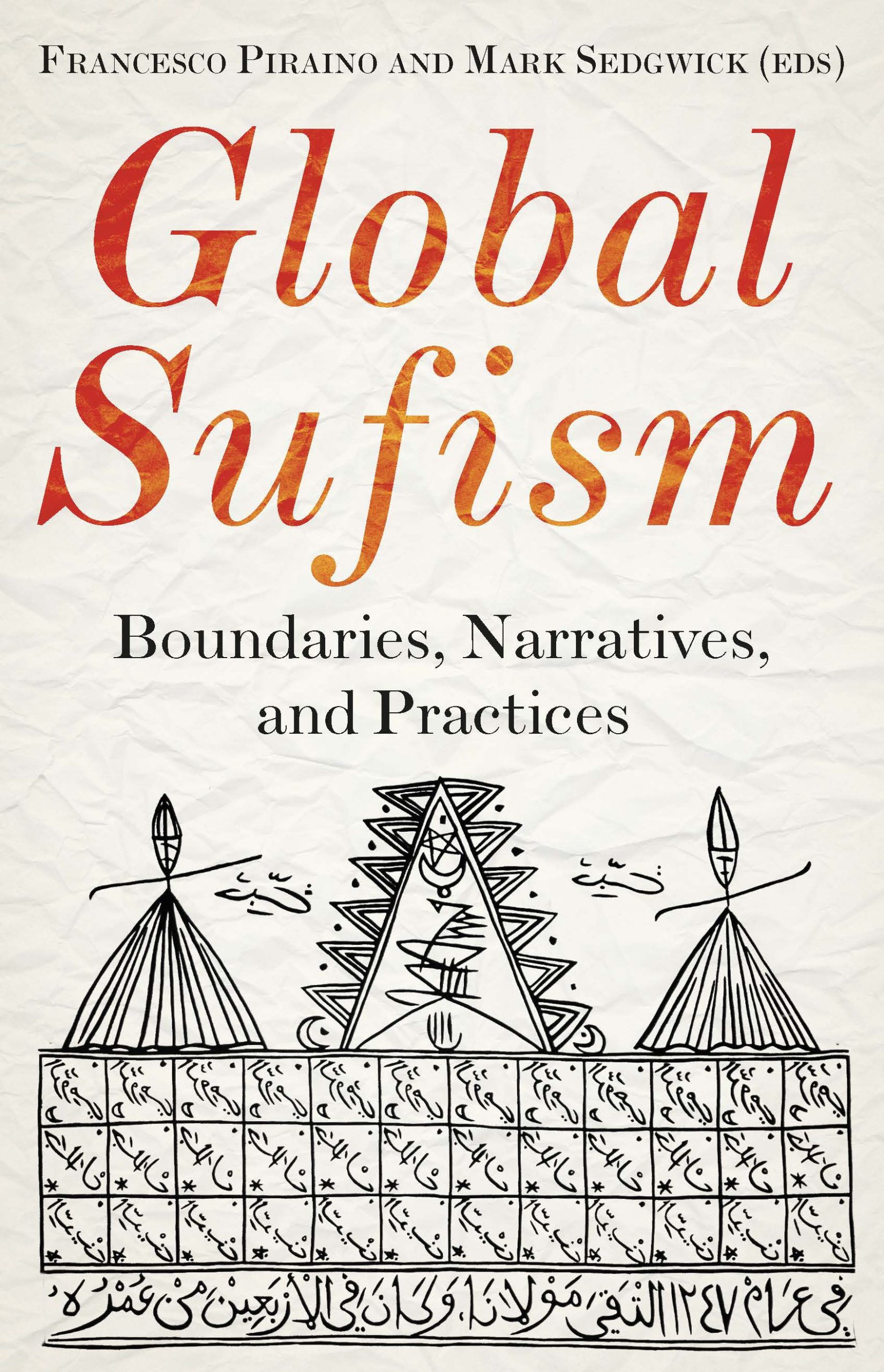
Global Sufism. Boundaries, Structures and Practices
edited by Francesco Piraino and Mark Sedgwick
Hurst, London, 2019
Despite the prevailing stereotyped academic Orientalist view, widespread in Europe, of Sufism reduced to a shadow or a relic of an ancient past, contemporary Sufism, understood as a set of spiritual, mystical and esoteric manifestations within Islamic religiosity, is a growing global phenomenon. This book brings together the work of fourteen leading experts on the study of Sufism, who systematically explore the key themes of Sufism’s new global presence, from Yemen to Senegal, Chicago and Sweden. They look not only at the spread of Sufi brotherhoods but also at movements influenced by them. Moreover, they attempt to map out and describe global Sufi cultural production, from Rumi to pres
ent-day rappers. Examining the contested and shifting relationship between the particular and the universal within the Islamic religion, the authors show how Sufism is seen as the timeless and universal essence found in all religions, the key to tolerance and co-existence between religions and also the heart of orthodoxy and the Islamic tradition. Finally, the book turns to politics. Many modern nation states, whether with a Muslim majority or not, are using the narrative of Sufism to promote their political objectives, while Sufi brotherhoods are forging alliances with them against common enemies. This raises the complex issue of the Sufi brotherhoods’ political position.
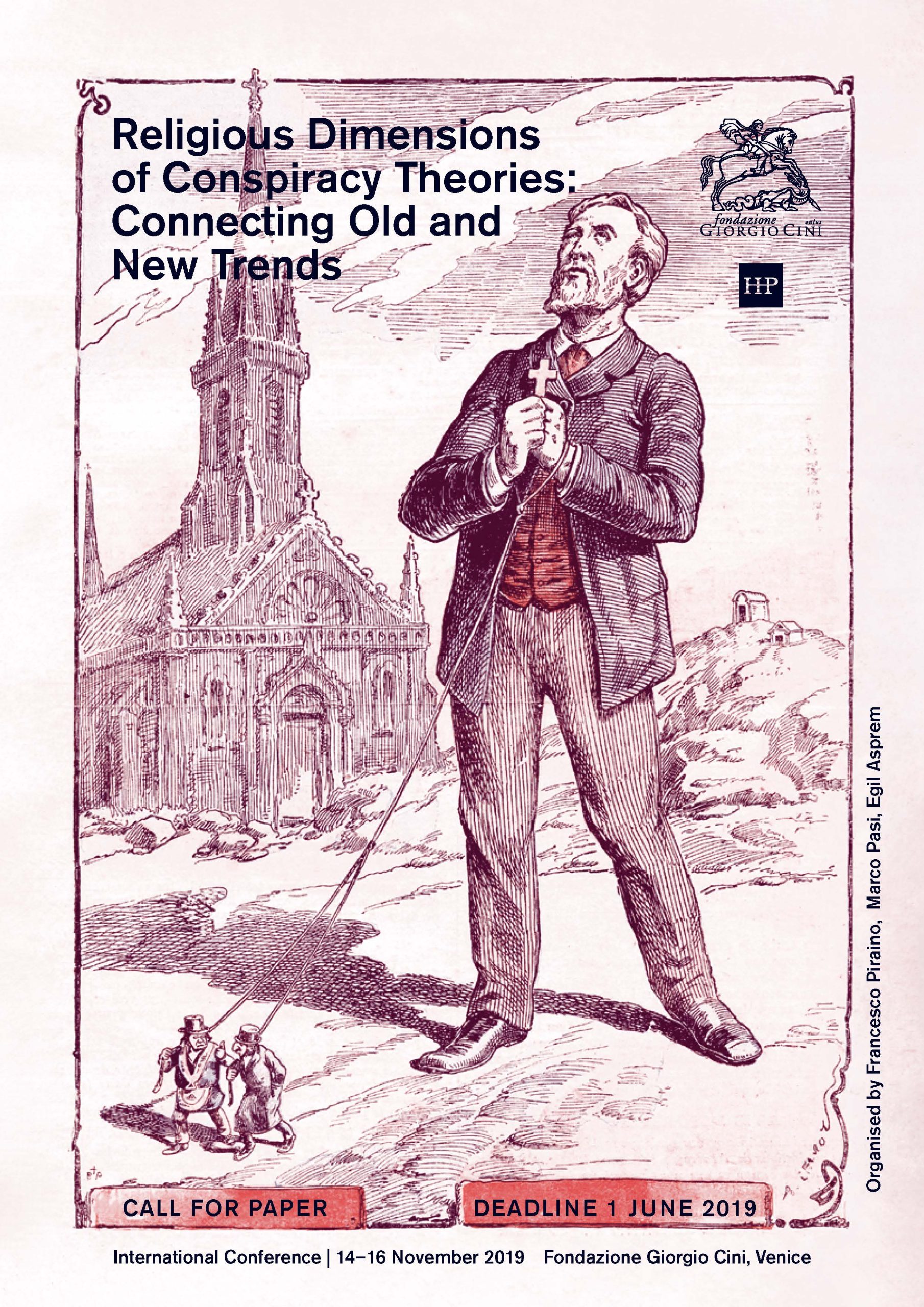
Religious Dimensions of Conspiracy Theories: Connecting Old and New Trends
Organised by Francesco Piraino, Marco Pasi, Egil Asprem
International Conference | 14–16 November 2019 | Fondazione Giorgio Cini, Venice
DEADLINE 1 JUNE 2019
DOWNLOAD THE CALL
Contesting in the Name of Religion in “Secularised” Societies: Between Doctrine and Militancy
Contester au nom de la religion dans des sociétés “sécularisées”: entre doctrine et militance
4th – 5th – 6th April 2019 Venice, Giorgio Cini Foundation
Organisers / Organisaturs : Francesco Piraino (Fondazione Cini /KU Leuven) Claude Proeschel (GSRL EPHE-CNRS) David Koussens (Université de Sherbrooke) Valérie Amiraux (Université de Montréal) Frédéric Volpi (Edinburgh University)
Download the call


